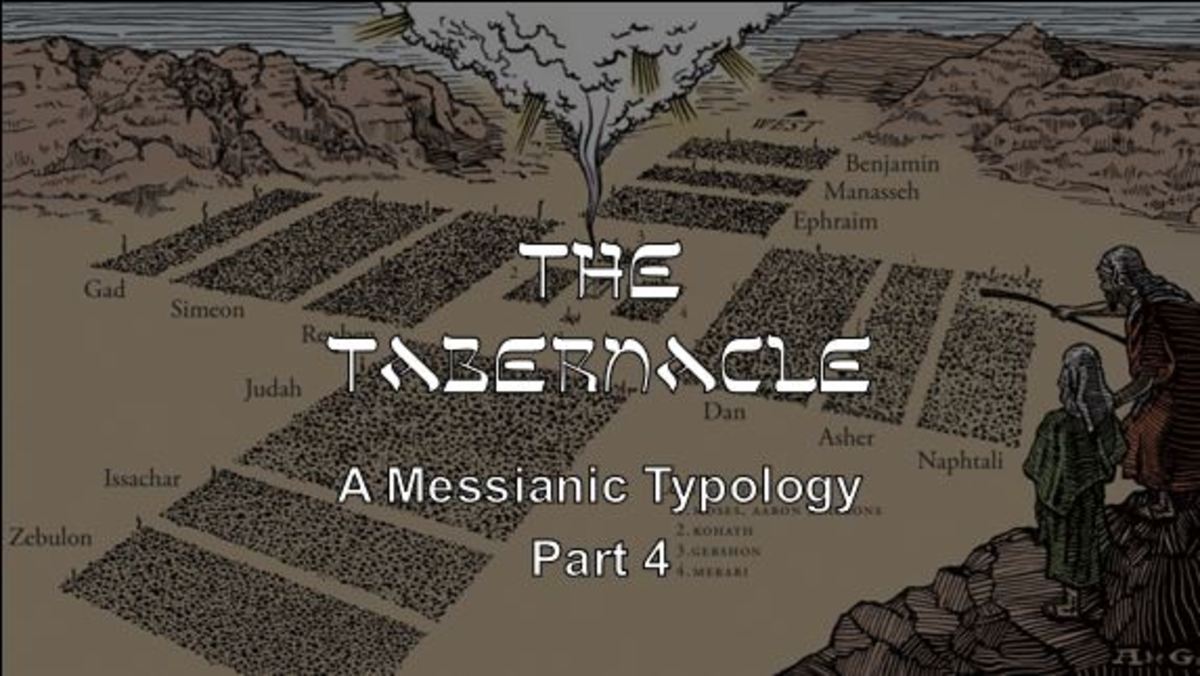Ethiopia and Sheba: Rediscovering the Exodus 7
The most
read article that I have on this website concerns the Ethiopian Princess that
Moses married. Why has this story
created such a stir that it has become a feature on other sites that have
copied and posted it, spreading the word of this long forgotten relationship? I have seen the information in the article
used from those proclaiming the true decent of the Israelites was through
Africa, by others that proclaim that we are all one people, and also by those that have seen it as one more device to spread anti-Semitic
propaganda. Three different perspectives, diametrically opposed and yet all quoting the same article for their justification. I have even witnessed its
rebuttal by Jewish groups, totally ignoring that the Torah, the Old Testament, itself
states that our origins were as a mixed multitude. Do they not understand what a mixed multitude
means? Are we that myopic that we must
divide our religious beliefs between black and white and taint it with the
prejudices that have afflicted mankind since its creation? Or cannot the simple beauty of this ancient story, where a man and a woman see one another, not in terms of their external appearance but for what they are inside. That which counts the most is the lesson tht must prevail. And no where better do we learn this lesson tha from the Queen of Sheba.

A Sacred Line
I cherish
the fact that we had roots that extended beyond the borders of Canaan and
Egypt. I praise Moses for his lofty
ideals that transcended race or creed or colour. And once upon a time, so too did the rest of
the Israelite population as we can recognize from Flavius Josephus’s record of
this fabled liaison, the inclusion of such stories in the Talmud (one of the
few times I’ll praise the Talmud for any of its content) and the writings of Artapanus
and Cornelius Polyhistor. None of these
authors saw the marriage of Moses to the Princess of Ethiopia as anything less
than a testimony of Moses’ greatness. A
relationship that was well known and understood in ancient times because the
Queen of Sheba had no other purpose in seeking the bed chambers of Solomon but
to re-establish the sacredness of offspring of her lineage. Recognizing that the line of Moses had been superseded
by the house of David, in her wisdom she knew that that the legitimacy of her
own reign rested on carrying this seed blessed by God. And whether or not we choose to recognize the
legends and historical records of the Ethiopian royal house, this is exactly
how they explained the traditions that they have passed down from father to son
for the last three thousand years. And although no one can state exactly how the
Felashim came to be, those Black Jews of Ethiopia, the majority now residing in
Israel, that practiced a religion not dissimilar from that which was practiced
in Israel pre-Babylonian exile, why should we doubt the obvious. That they did return with the Queen of Sheba
and her son Menelik, and they did rekindle the faith that had been first
introduced to them by Moses when he married their princess Tharbis, three
hundred years earlier. Probably the most
valuable lesson I learned in life, long ago was that if it walks like a duck
and it quacks like a duck, then it is a duck.
Why are there are so many of us that refuse to accept that. This simple Karaite belief, the fundamental concept of Karaism, that some things in the Torah simply are the way they are described.

The Queen of Sheba
Or do we forget what it says in the Song of Songs? In chapter 1 Verse 5 she admits that she is a beautiful black woman. In the next verse she repeats that she is swarthy, tanned darker than the daughters of Jerusalem. As dark as the tents of Kedar. The Kedarites were a tribe descended from Ishmael. The expression to dwell in the Tents of Kedar was often used to imply that one was cut off from serving God. Therefore she is admitting that she does not follow the Hebrew faith but in Solomon’s eyes she is still beautiful. To read the Targum now, the Rabbis will insist that the story has nothing to do with the love between a man and a woman. They state that the kiss is representative of Gods revelation of the Torah at Sinai. That when the woman says that she is black she is actually referring to Israel’s sinning nature to chase after idols. And that in Verse 9 her reference to herself as Pharaoh’s mare is in reality a reminder of the crossing of the Red Sea. Even Maimonides could not accept the Song of Songs as it simply reads, stating in his Guide to the perplexed it was actually about the love between God and the human soul and not with Israel proper. The fact is that they were all embarrassed by its inclusion by the earlier editors and in their efforts to justify what essentially would have been early pornography they have spent eons trying to explain away the obvious. Because if they didn’t, then they would have to confess that the stories of Moses in Ethiopia were all true and the reasons for the Queen of Sheba visiting Israel had far more to do with a continuation of a royal lineage than they did with coming to ask Solomon a few questions to test his wisdom. They’d have to admit that Solomon as this pinnacle of God’s faithful was lusting after a woman that was neither part of the faith nor physically resembling the general populace.
Firstly, if
we were to accept the Rabbi’s arguments then we would have to accuse them of
anthropomorphizing God, giving him human features which the woman (being Israel
in their view) has now described physically.
The invisible, indefinable God is no more. He has circlets on his cheeks and wears beads
about his neck as it says in verse ten, and God also has a desire for gold and
silver as it states in verse 11. Human
obsessions and human frailties and therefore the intended man in this song
could never have been God. But in verse
9 we have the ultimate perversion of the Song if we choose to attribute its
description to the Almighty. To be a
steed has only one implication when a woman describes her lover in such
terms. It creates an image that is religiously
profane for it would be not in any way dissimilar from the images of Greek gods
where Zeus had taken delight in riding human woman after woman, just like a
steed rides a mare. And if this truly
was a description of a God:Israel relationship, then the banter that is
exchanged between the lovers makes no sense at all. For example in Chapter 6 Verse 8, the woman
speaks of his having 60 other queens and 80 concubines, as well as a number of
serving women, a recognition that she must be happy with the moments she does
have with him, content that for a time he has placed her above the others. And as we read Chapter 8 we recognize that
they are parting, that the Queen is going away.
She cannot be fenced in with walls and turrets as he could do with other
women; hardly a comment that Israel would make to God. She knew that the people did not accept her,
she admonishes them for her rejection, knowing that had they been of the same
people (a brother) then her presence in his bed chambers would have caused no
offense to the daughter of Jerusalem that have awoken to condemn their love.
But though she must leave, not all the water in the world could quench the love
they have for one another. Obviously
this is not a song about God and Israel but is exactly what it claims to be. A
song of Solomon. A song of Sheba. A song of love!








